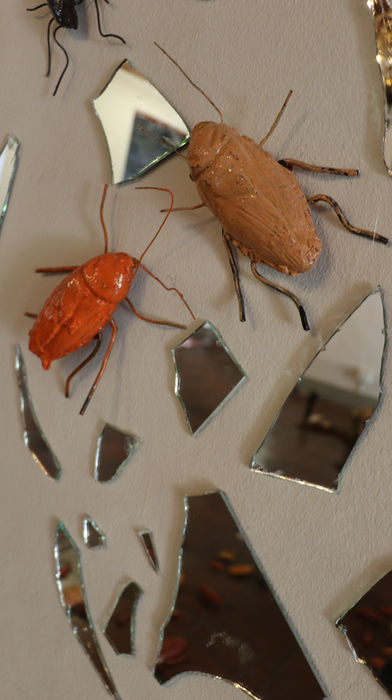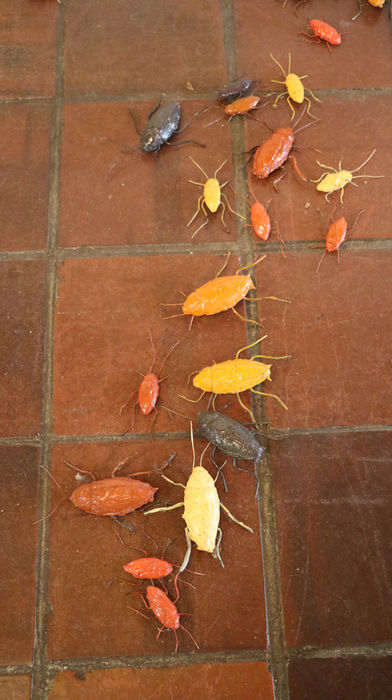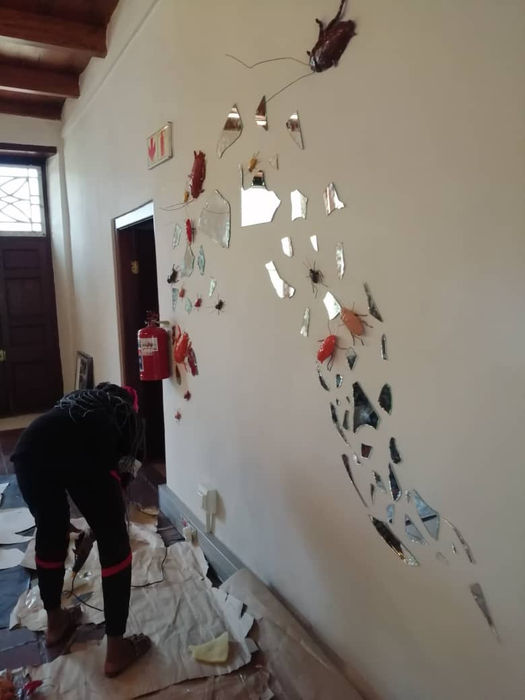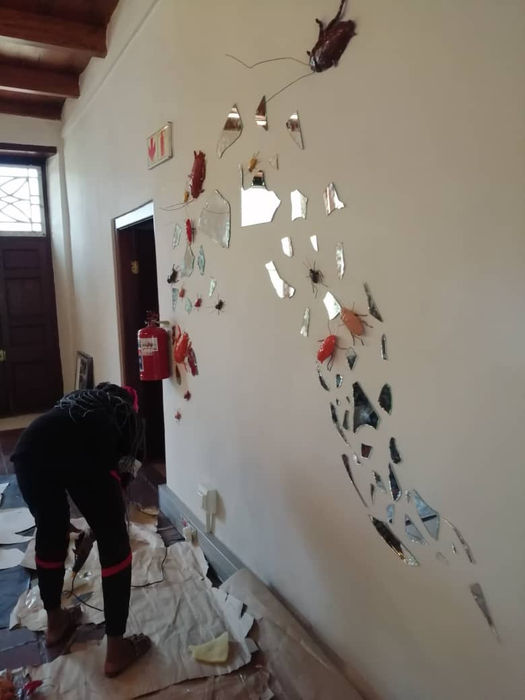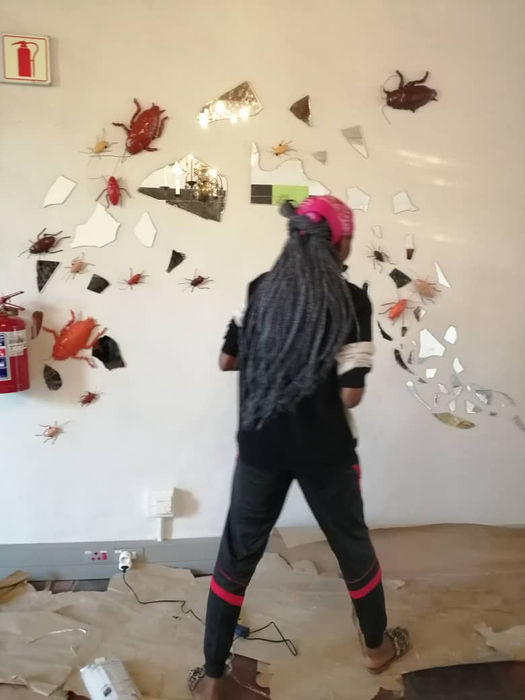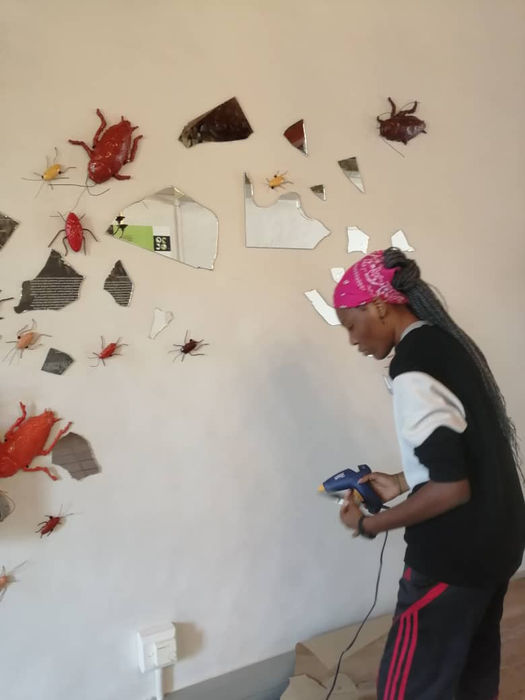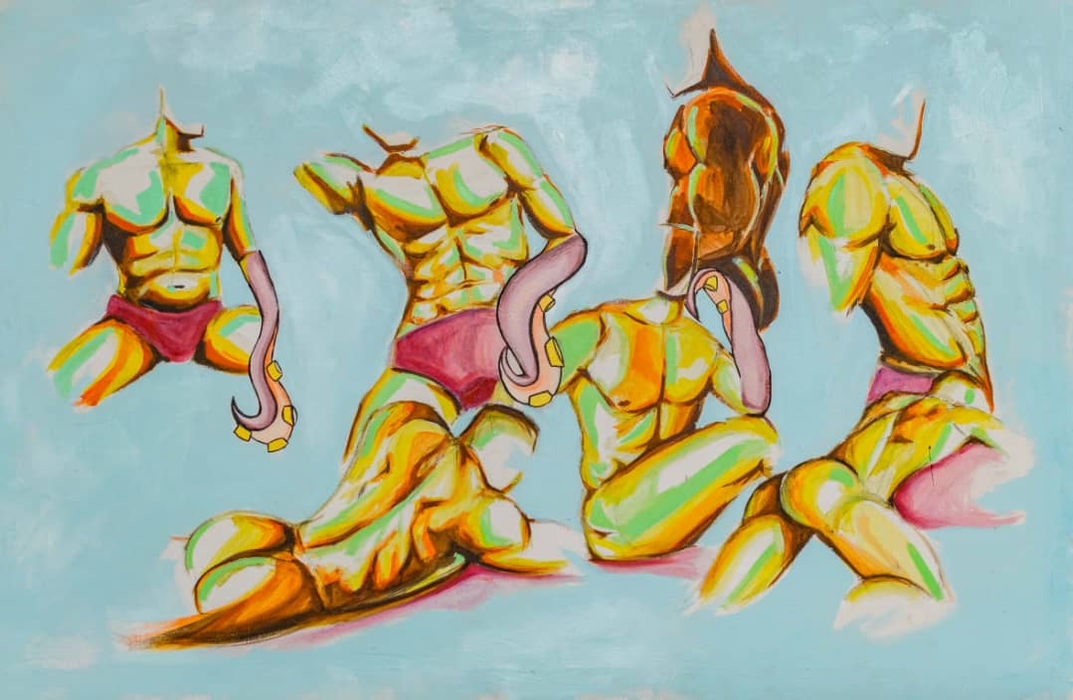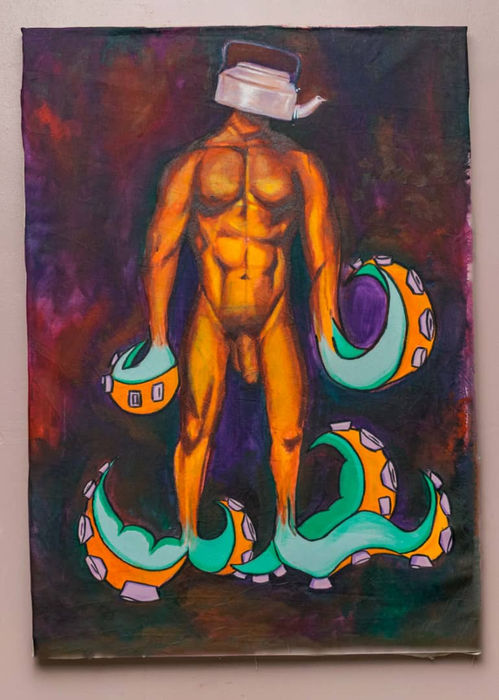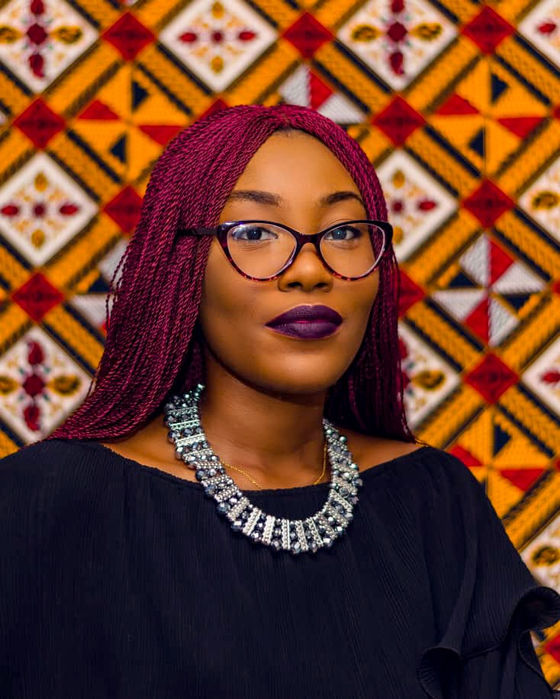
Valerie Fab-Uche
Nigeria
b. 1996
Communication, Dialogues between the human mind and the canvas. Seeing beyond the obvious,
utilization of the sense of sight, touch and feel, tasking the brain to comprehend beyond the
mundane.
Born 1996 to Igbo parents, Valerie Fab-Uche has spent majority of her life and work in lagos,
Nigeria. Danfo as she is fondly called due to her "never stop, never settle" attitude and insatiable
love for Lagos metropolitan life and street culture is constantly using her art practice whether in
form of painting, drawing, sculptural installation or photography to document and question
everyday life and challenges as a human being first and a female millennial.
Her creations come from questioning herself and human existence. "Everyday we define art as an
expression of oneself and experiences but instead of expressing, we lose ourselves to pleasing
others so as to be accepted. I for one believe art is merely a pedestal for intellectual discovery of
one's own self and if you would agree with that; then loving your creations first before anyone else
and not just creating for "the customer " would not be too far-fetched "
VA'lerie is currently working on a series of paintings she titled objectify, the aim of these paintings is
to point out the subconscious normalization of women painted in the nude in comparison to male
nude paintings that often times spark controversy and also remind those that come in contact
with this paintings and drawings of their humanity and regardless of gender or sex we are all
humans first and should be treated as such.
VA'lerie is a fellow of the Arts in Medicine Fellowship an initiative of Tender Arts Nigeria and holds a
National Diploma in General Arts from the Yaba College of Technology Lagos, Nigeria . She has
Now returned ffor a HND Programme in aforementioned institution which is currently in view.
Featured Artwork

“A cockroach cannot
bring forth a butterfly”
ST2020 On the Cusp
Participating Exhibition
ST2020 On the Cusp







